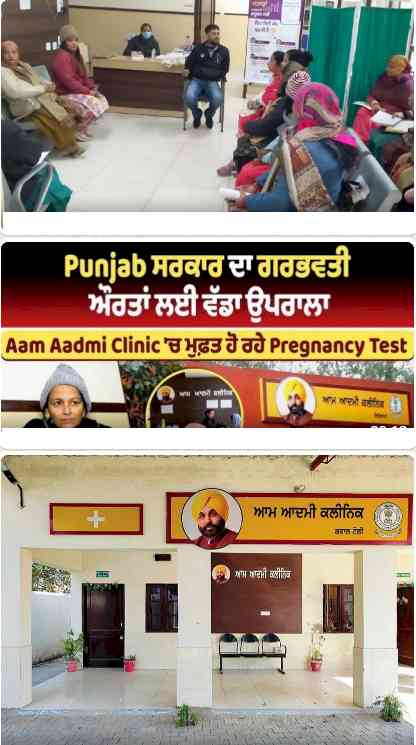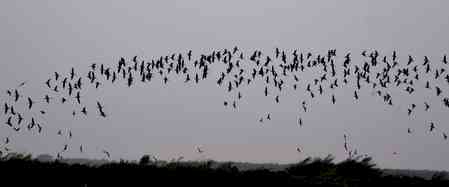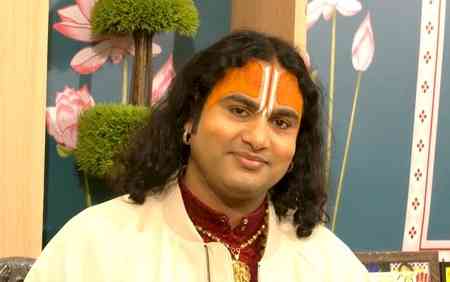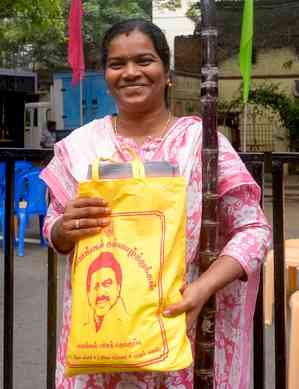Do’s and don’ts for Covid patients’ home isolation
Medical expert says there is no need for testing after home isolation period is over
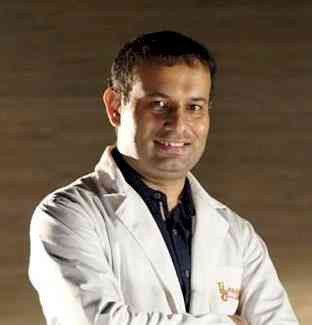
Mohali: “Due to the Covid explosion, there are long queues in the hospitals, and the patients are not getting enough beds for their treatment. Therefore as per the Government guidelines, Covid infected patients can get themselves treated at home.”
While giving tips on Covid home treatment, Dr. Sachin Verma, Diabetes and Infectious Disease Specialist at Ivy Hospital, Mohali informed on Sunday that those patients with mildly symptomatic or asymptomatic can be considered eligible for home isolation. They should have all required facilities including a well-ventilated room away from others and availability of a caregiver on a 24 x7 basis as communication between the caregiver.
The hospital is of the utmost importance for the entire duration of home isolation, maintained Dr Sachin who have been involved in providing care to the Covid patients for months at Ivy Hospital.
The patients above the age of 60-yr with hypertension, diabetes, heart disease, chronic lung, liver, and kidney disease, cerebrovascular disease, etc. should only be allowed home isolation after the medical officer’s recommendation and proper evaluation, he informed.
The patients suffering from HIV, transplant recipients, cancer therapy, etc. are not eligible for home isolation, Dr. Sachin clarified.
As per protocol and as prescribed by the treating medical officer, the caregiver, and all close contacts should consume Hydroxychloroquine prophylaxis. They should have Arogya Setu App downloaded on mobile and they should regularly monitor their health and inform health status to the District Surveillance Officer.
Talking about instructions for patients for home quarantine for Covid treatment, Dr. Sachin said that they should wear a triple-layer medical mask all the time. Discard the mask after 8-hr of use or earlier if they become wet or visibly soiled. Mask should be discarded only after disinfecting it with 1% Sodium Hypo-chlorite, he remarked
Adequate hydration must be well taken care of by drinking plenty of fluids. The patient must also take rest. They must follow respiratory etiquettes. The hands must be washed for at least 40 seconds with soap and water or with an alcohol-based sanitizer.
The personal items not to be shared with other people. The surfaces touched more often in the room to be cleaned with 1% hypochlorite solution.
The physician’s instructions and medication advice to be followed strictly by the patient. The patient should self-monitor his/her health and report promptly to the Physician if develops any deterioration of symptom.
The patient should self-monitor his/her health and report promptly to the Physician if develops any deterioration of symptoms.
While elaborating on instructions for Caregivers, Dr. Sachin said that they should wear a triple layer medical mask appropriately while attending an ill person.Hand Hygiene must be ensured after contact with an ill person or his or her immediate environment. Practicing hand hygiene before and after removing gloves is also equally important, he asserted.
Avoid direct contact with oral or respiratory secretions. Use a triple-layer medical mask and disposable gloves while handling the patient. Avoid sharing cigarettes, eating utensils, dishes, drinks, used towels, or bed linen.Food must be served to the patient in his room.
Utensils and dishes used by the patient should be cleaned with soap/detergent and water wearing gloves. The waste should be disposed of as per CPCB (Central Pollution Control Board) guidelines.
Informing on warning signs to leave home isolation for hospital admission, Dr. Sachin said that immediate medical attention must be sought if these warning signs or symptoms develop:
• Difficulty in breathing
• Developing bluish discolorations of lips/face
• Dip in oxygen saturation (SpO2 < 95%)
• Persistent pain/pressure in the chest,
• Mental confusion or inability to arouse,
• Slurred speech/seizures
• Weakness or numbness in any limb or face
Talking about home Isolation period completion, Dr. Sachin said that the patient will stand discharged after 10 days of symptom onset and no fever for 3 days. Further, the patient will be advised to isolate at home and self-monitor health for another 7 days.
There is no need for testing after the home isolation period is over.


 cityairnews
cityairnews 
